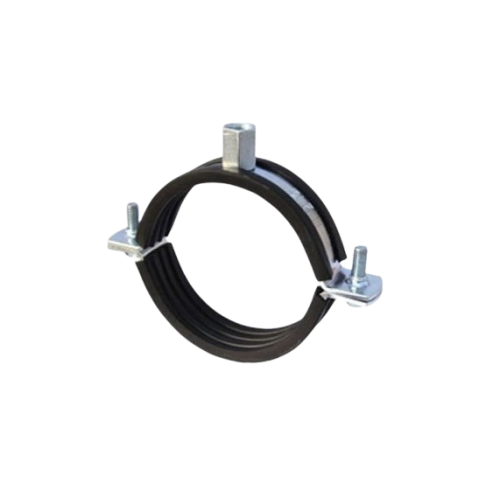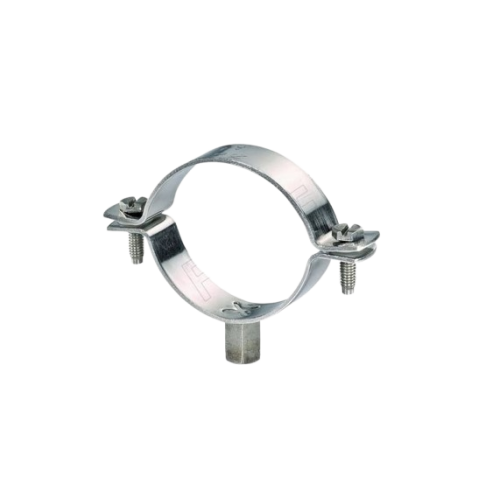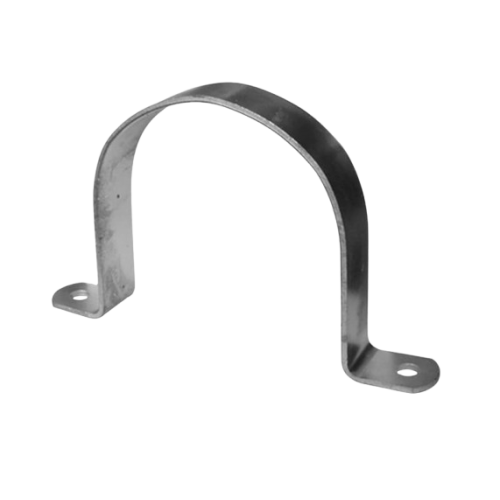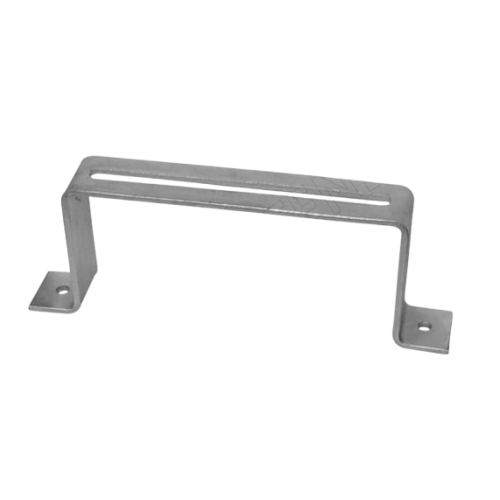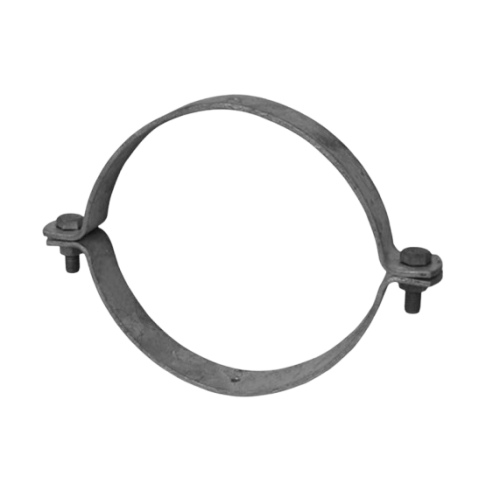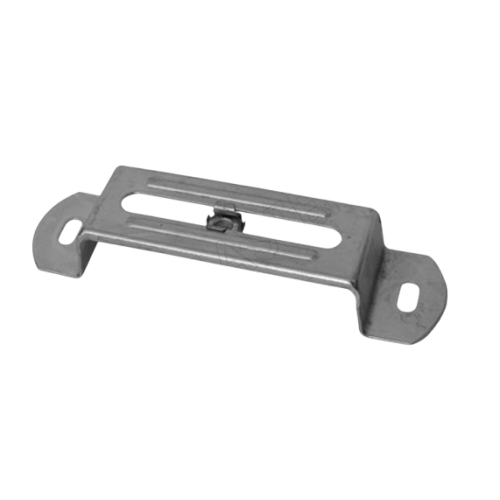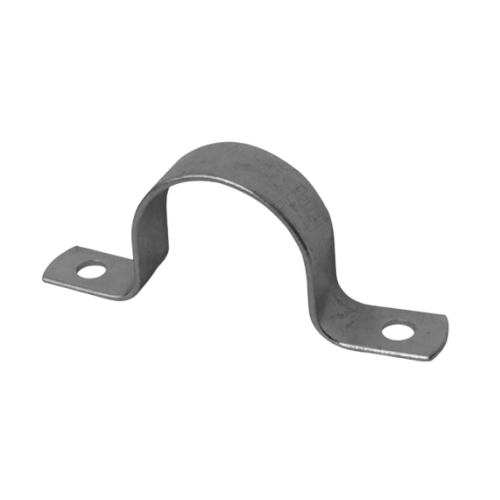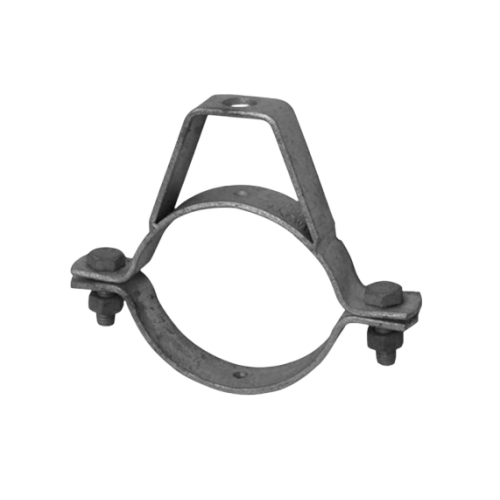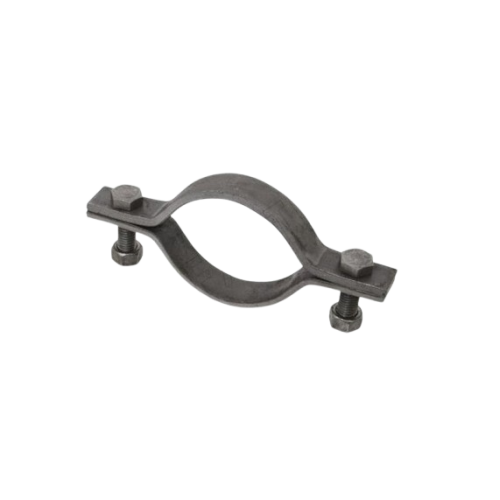Pipe Clamps
A pipe clamp may seem like a simple tool, but it plays a crucial role in various industries and applications. This versatile device is designed to securely hold pipes, tubes, and other cylindrical objects in place during various tasks, such as welding, cutting, or soldering. The clamp consists of two jaws that can be tightened using a screw or lever mechanism, providing a strong and stable grip on the pipe. The jaws are typically lined with rubber or other materials to prevent damage to the surface of the pipe and ensure a secure hold. Pipe clamps come in various sizes and styles to accommodate different pipe diameters and materials. Whether you are working on plumbing projects, constructing structures, or fabricating metal components, a pipe clamp is an essential tool that ensures precision, stability, and safety. With its ability to firmly hold pipes in place, a pipe clamp enables workers to perform tasks with confidence, accuracy, and efficiency.
Bolts
|
| DIN 961 | |
|
| DIN 605 | DIN 608 |
|
|
|
|
|
|
| EN 15048 |
EN 14399 | BS 7419 | BS 7419 |
NUTS
DIN 934 | DIN 936 |
|
|
|
|
Washers
DIN 9021 | DIN 6916 |
|
|
|
|
| IS 5369 | BS 4320 |
Threaded Rods
DIN 976 | DIN 975 |
When it comes to the world of fasteners, bolts, nuts, washers, and threaded rods play a crucial role in holding structures together. Each of these components has its own unique technical specifications that determine its suitability for different applications. Let's start with bolts. Bolts are typically made of steel and come in various sizes and grades, such as Grade 5 or Grade 8, which indicate their tensile strength. Nuts, on the other hand, are threaded fasteners that complement bolts. They also come in different sizes and types, including hex nuts, lock nuts, and wing nuts, each serving a specific purpose. Washers, often overlooked, provide a flat surface between the bolt head or nut and the material being fastened, distributing the load and preventing damage. Lastly, threaded rods are long, cylindrical fasteners with threads along their entire length, allowing for easy adjustment and assembly. These components may seem simple, but their precise technical specifications ensure the safety and stability of countless structures, from construction projects to industrial machinery.



